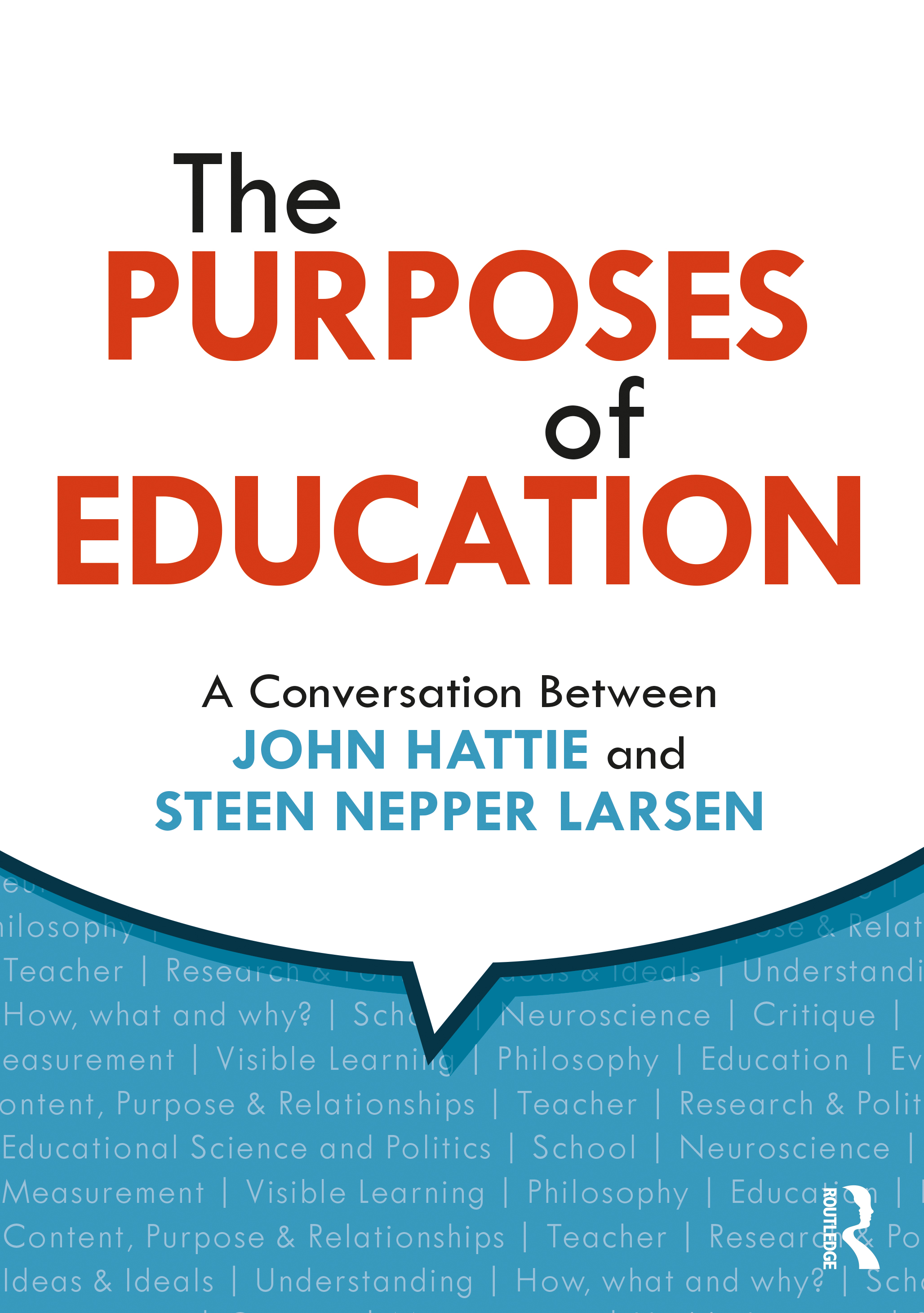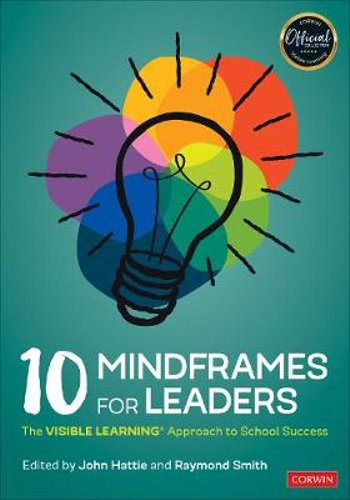JOHN HATTIE
John Hattie, Ph.D., is an award-winning education researcher and best-selling author with nearly 30 years of experience examining what works best in student learning and achievement. His research, better known as Visible Learning, is a culmination of nearly 30 years synthesizing more than 1,500 meta-analyses comprising more than 90,000 studies involving over 300 million students around the world. He has presented and keynoted in over 350 international conferences and has received numerous recognitions for his contributions to education. His notable publications include Visible Learning, Visible Learning for Teachers, Visible Learning and the Science of How We Learn, Visible Learning for Mathematics, Grades K-12, and, most recently, 10 Mindframes for Visible Learning.
Lets’ Bring Back Better from COVID to create a new syntax of learning
The experience of COVID shows that educators can lead, implement and learn from massive structural changes to schooling. We need to systematically learn from the COVID teaching at distance about what works and find ways to bring back this success – such as less talking more triage, more listening to students thinking aloud, engagement based on challenging learning than in mere ‘do-ing’ tasks, the importance of teacher gradual release of responsibility and increase in teaching self-regulation skills, and teaching parents their role in the language of learning.

The Purposes of Education
A Conversation Between John Hattie and Steen Nepper Larsen
What are the purposes of education and what is the relationship between educational research and policy? Using the twin lenses of Visible Learning and educational philosophy these are among the many fascinating topics discussed in extended conversations between John Hattie and Steen Nepper Larsen.

10 Mindframes for Leaders
It’s not what you do, it’s how you think about what you do.
Mindframes—your internal set of beliefs about your role as school leader—determine the high-impact leadership practices you choose to implement. In other words, how you think about the impact of the actions you take has more effect on student achievement than your leadership practices themselves.